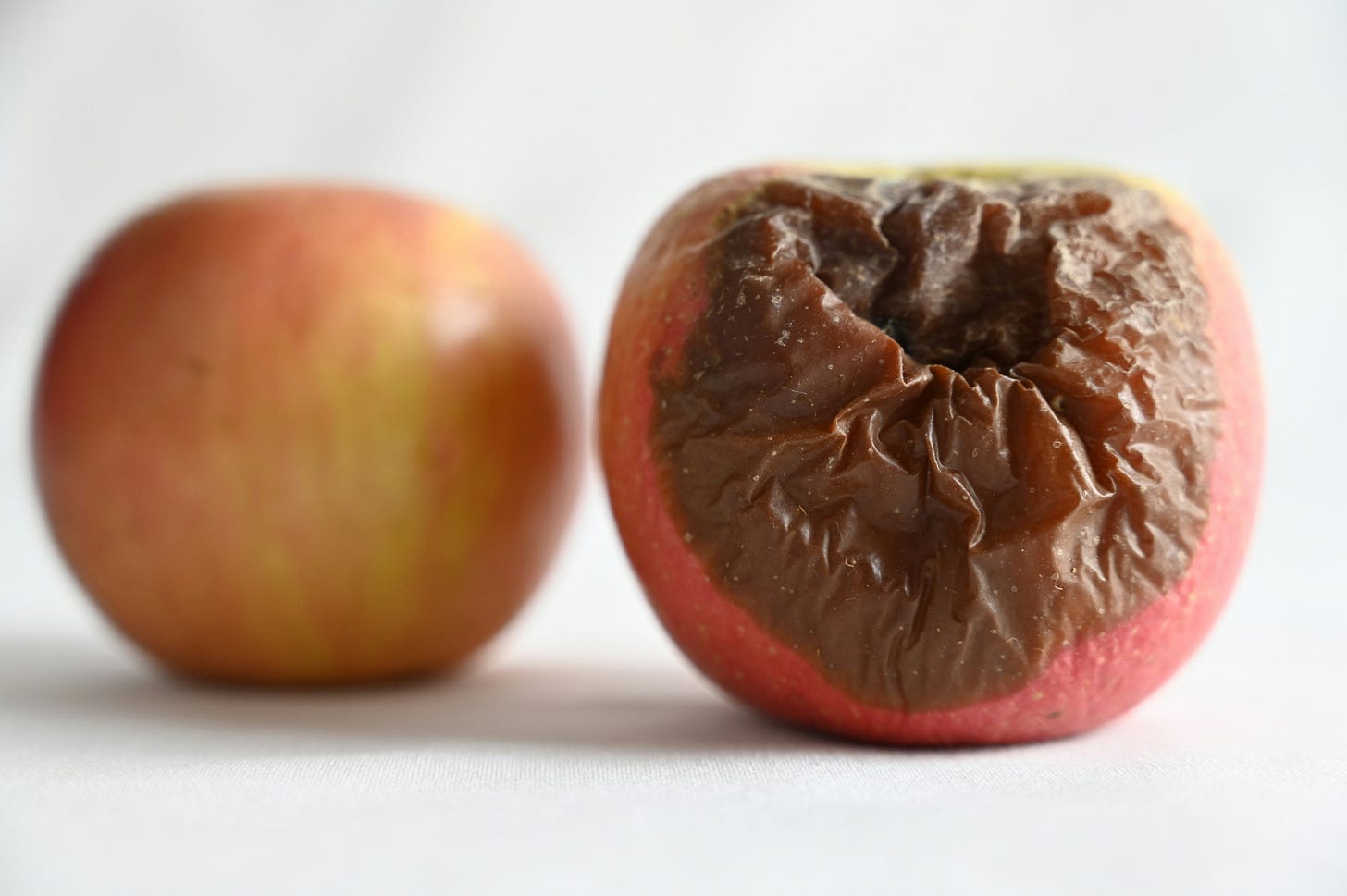Hell Begins With A Grumbling Mood
What if God is doing His deepest work in places we want most to avoid?
“Hell begins with a grumbling mood.” — C.S. Lewis
It’s a sobering and jarring thought, isn’t it?
Grumbling feels harmless enough. It usually starts small—a passing complaint about the weather, a sigh over a crowded schedule, quiet frustration with how something turned out. But C.S. Lewis, in his piercing way…
Keep reading with a 7-day free trial
Subscribe to Scott Sauls Weekly to keep reading this post and get 7 days of free access to the full post archives.




